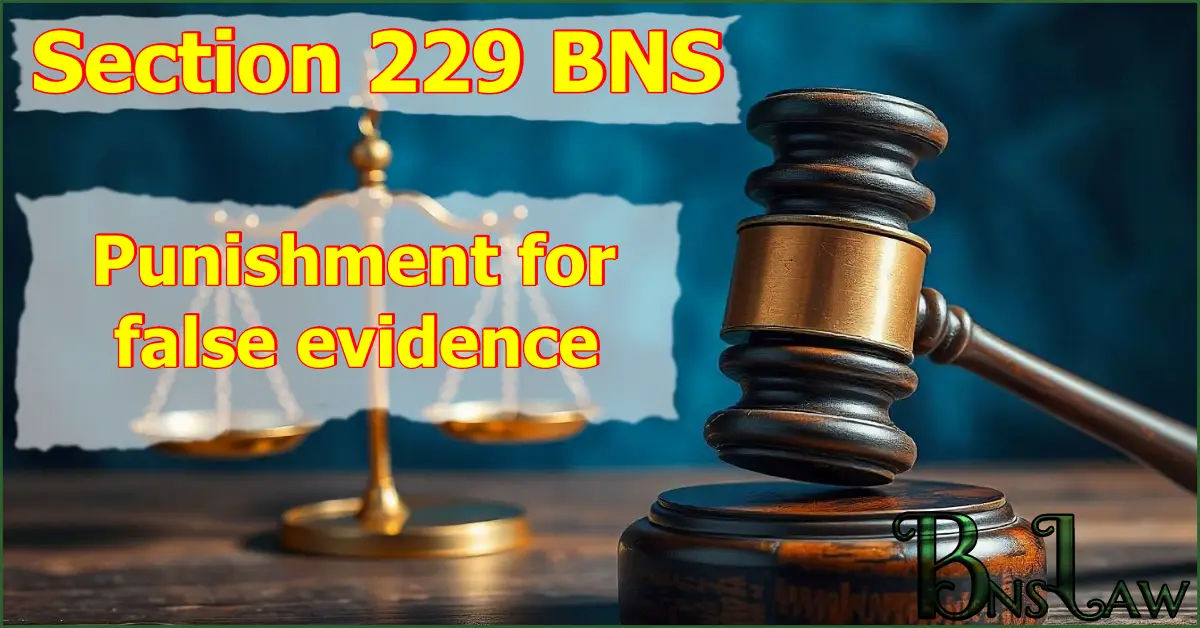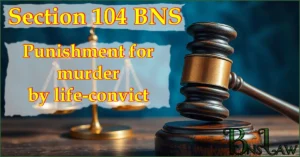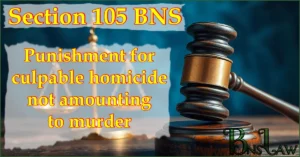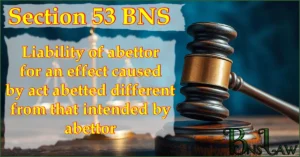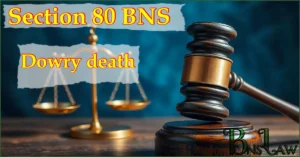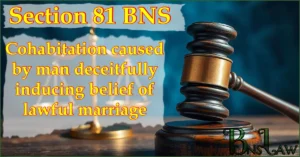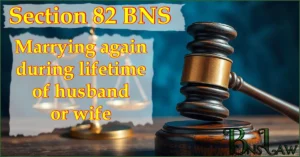Section 229 BNS | BNS 229
229(1) BNS
Whoever intentionally gives false evidence in any stage of a judicial proceeding, or fabricates false evidence for the purpose of being used in any stage of a judicial proceeding, shall be punished with imprisonment of either description for a term which may extend to seven years, and shall also be liable to fine which may extend to ten thousand rupees.
229(2) BNS
Whoever intentionally gives or fabricates false evidence in any case other than that referred to in sub-section (1), shall be punished with imprisonment of either description for a term which may extend to three years, and shall also be liable to fine which may extend to five thousand rupees.
Explanation 1— A trial before a Court-martial is a judicial proceeding.
Explanation 2— An investigation directed by law preliminary to a proceeding before a Court, is a stage of a judicial proceeding, though that investigation may not take place before a Court.
Illustration
A, in an enquiry before a Magistrate for the purpose of ascertaining whether Z ought to be committed for trial, makes on oath a statement which he knows to be false. As this enquiry is a stage of a judicial proceeding, A has given false evidence.
Explanation 3— An investigation directed by a Court according to law, and conducted under the authority of a Court, is a stage of a judicial proceeding, though that investigation may not take place before a Court.
Illustration
A, in an enquiry before an officer deputed by a Court to ascertain on the spot the boundaries of land, makes on oath a statement which he knows to be false. As this enquiry is a stage of a judicial proceeding, A has given false evidence.
READ OTHER SECTIONS OF CHAPTER XIV — OF FALSE EVIDENCE AND OFFENCES AGAINST PUBLIC JUSTICE
FAQs of BNS Section 229
-
229 BNS punishment and fine
Punishment and fine under Section 229 of the BNS—
229(1): Imprisonment for 7 years and 10,000 rupees.
229(2): Imprisonment for 3 years and 5,000 rupees. -
229 BNS cognizable or not
The offence under Section 229(1) and 229(2) of the BNS is non-cognizable.
-
229 BNS bailable or not
The offence under Section 229(1) and 229(2) of the BNS is bailable.
-
229 BNS trial court
Offence specified in Section 229(1) of the BNS is triable by the Magistrate of the first class, while the offence specified in Section 229(2) is triable by any Magistrate.
Important Points
- Cognizable Offences: These are offences where a police officer can arrest a person without a warrant.
- Non-Cognizable Offences: These are offences where a police officer cannot arrest a person without a warrant.
- Bailable Offences: These are offences where the accused can get bail from the police station itself. All bailable offences are listed in the First Schedule of the Bharatiya Nagarik Suraksha Sanhita (BNSS).
- Non-Bailable Offences: Offences in which bail is not granted directly from the police station but after hearing the case in the court, the judge decides when bail will be granted. All non-bailable offences are listed in the first schedule of the Bharatiya Nagarik Suraksha Sanhita (BNSS).
- In the above FAQ, “trial court” means the court that has jurisdiction to try the offence.
- In the above FAQ, the expression “Magistrate of the first class” and “Any Magistrate” does not include Executive Magistrates.
Read other Sections of the BNS
Reference Link: New Criminal Laws (BNS), Ministry of Home Affairs

